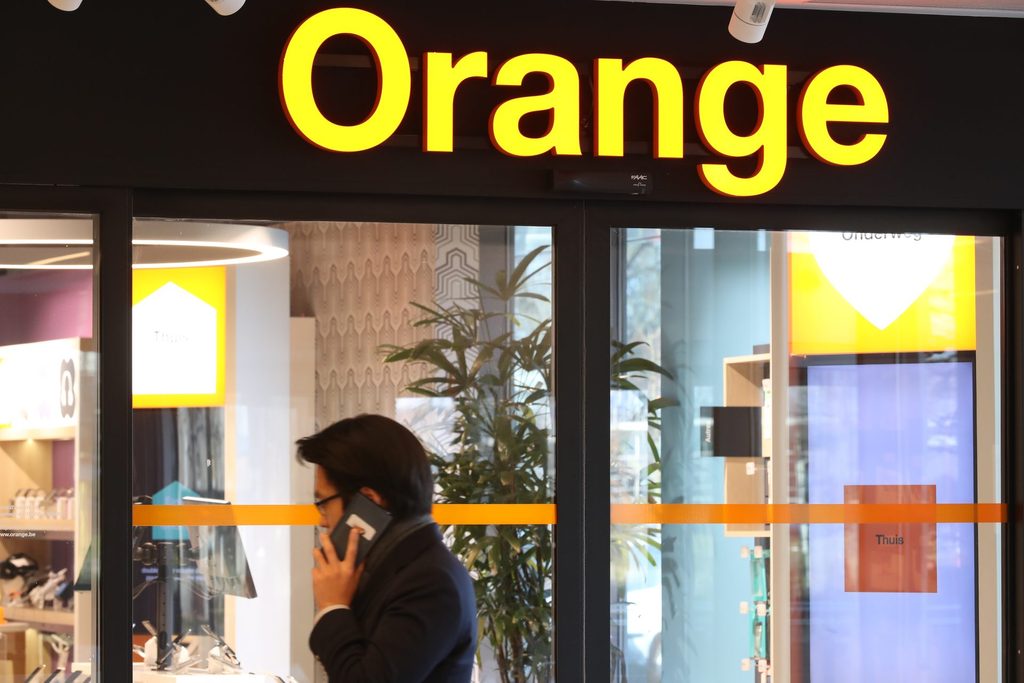Increased competition in the mobile industry and government-imposed price caps will bring down Belgium's high prices for telecommunications services in the coming months, Deputy Prime Minister Petra De Sutter has stated.
In a written statement to The Brussels Times, De Sutter (Flemish Greens) explained that the forecast reduction will partly result from the joint venture between Citymesh, a Belgian business-to-business telecom operator, and Digi, a Romanian telecom company, to build Belgium's fourth nationwide mobile network.
"Belgian telecom prices are high compared to neighbouring countries," said De Sutter, who also serves as the country's telecommunications minister. "But the Belgian telecommunication market is finally evolving and prices will go down as a new mobile player is about to enter the Belgian market. That's a result of my legislative work."
De Sutter also highlighted that from next year more than half a million poorer Belgians will be able to access the internet at a capped rate of just €19 a month.
"From March 2024 we will introduce a new telecom social rate of €19 – for those with the lowest incomes," she said. Her spokesperson added that "interesting market dynamics" seen recently – including Telenet's decision to operate in Wallonia from next year – will also "challenge prices" over the coming months.
'Little competition'
De Sutter's comments follow a study published last month by consumer analysis firm Test Achats, which found that telecom prices in Belgium are generally extremely high relative to neighbouring countries.
The study noted that the price discrepancy between Belgium and its neighbours was especially pronounced for high-data users, with Belgians paying €22 more per month on average than the French.
"Overall, the prices of telecom subscriptions are expensive in Belgium and much more than in some of our neighbours," the study concluded.
Related News
- Fast network connections via 5G available in Brussels from September
- Internet at €19/month: Belgium to introduce new social rate from 2024
Contacted by The Brussels Times, Test Achats spokesperson Laura Clays added that Belgium's high telecom prices are largely a consequence of the fact that there is currently "little competition in the telecom market".
In particular, she noted that Belgium currently only has three "big" independent internet providers, namely Telenet, Proximus, and Orange (as well as their associated subsidiaries). She also highlighted that the physical infrastructure is different for each of them, making it even more difficult for internet users to switch providers.
"Changing between [these providers] is harder than it looks because you need the physical infrastructure. My house for example only has the Telenet infrastructure; if I wanted to change to Proximus they would have to physically make the connection from my house to their network in the street. That does not help competition at all."

